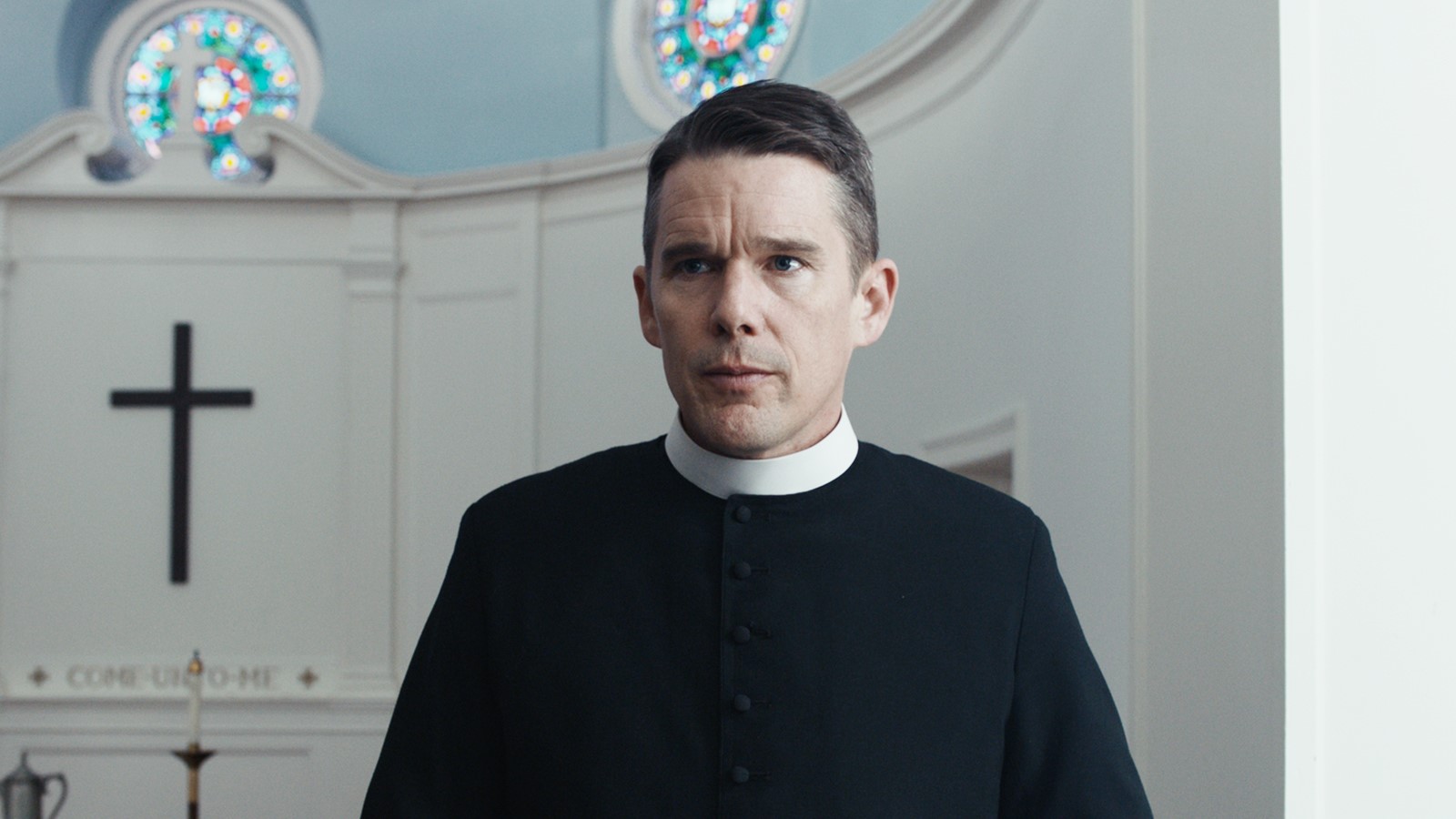
“First Reformed” is one of the best reviewed films of the year. Even though it premiered in the Venice Film Festival last year, the film was released into theatres this year, and despite it having an unimpressive box office run most (probably because of incredibly depressive nature of the film), the critics appreciated it enough and now they keep putting it in their top 10 lists of the year. What makes it such a special and important film? Here are some of the reasons why the film really is one of the best of the year.
1. Paul Schrader is back to his form
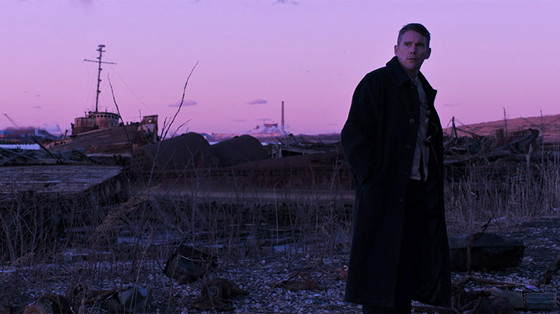
Paul Schrader has been a fascinating figure in American cinema. He got all the attention since after a $450,000 deal for his screenplay, “The Yakuza” which he co-wrote with his brother Leonard (who in his own right, got an Oscar nomination for the script for “Kiss of the Spider Woman” years later).
Schrader then wrote scripts for several successful films including cult classic “Rolling Thunder” (which Tarantino named his company after it for a while) and Brian De Palma’s “Obsession.” He also contributed to Steven Spielberg’s “Close Encounters of Third Kind,” but it was his script for “Taxi Driver” that made him an important name in American cinema.
Often considered to be one of the best films ever made and one of the best scripts ever written, “Taxi Driver” was the first of four collaborations of him with Martin Scorsese (he later wrote “Raging Bull,” “The Last Temptation of Christ” and “Bringing Out the Dead”) but it also gave him a chance to direct his own movies, starting with the great “Blue Collar,” a movie Spike Lee recommends to everyone who wants to be a filmmaker. Then of course it was followed by some box office hits (“American Gigolo,” “Cat People”) and highly acclaimed arthouse dramas (from “Mishima” to “Affliction”).
Since 2002’s “Auto Focus,” Schrader has struggled to make a strong film. He’s always had a strong range as a director, even though he didn’t get enough of recognition for that film, but him trying to explore different things didn’t always work out. His first studio film since 1981, “Dominion: Prequel to Exorcist,” ended up with him getting fired for not making a film in a way the studio wanted.
He couldn’t finish and release his own version of the Nicolas Cage-Anton Yelchin drama “Dying of the Light,” and him trying to make a film for VOD market with Lindsay Lohan, “The Canyons,” was a troubled production and a total disaster in general. He occasionally had minor hits: “Adam Resurrected” was a decent film with a strong Jeff Goldblum performance, but the movie didn’t get much popularity.
And while “The Walker” got better reviews than most of his other recent stuff mainly because of set and production design, the elegant look of the film, and Woody Harrelson’s performance, it also got criticized for its soulless and dull tone.
Here in “First Reformed” he’s back to what he’s best at. It’s not like he never made a masterpiece before; “Mishima” is a masterpiece, for example, but he hasn’t made something as strong as this one in over 15 years. As Ethan Hawke describes in an interview, it’s “the same voice” we heard in “Taxi Driver.” Yes, he has made some different work, some worked out, some did not, but this is the Paul Schrader image we have in our minds.
It’s a distinct voice. “It’s like a hearing an old lion roar in a jungle. He’s awake, he’s angry.” That’s the way how it feels to get a great Paul Schrader film again, one that not only works as a great directorial work (and not without him showing range again; shot in a boxy 1.37:1 aspect ratio, the movie has a look that is similar to “Ghost Story” last year and it’s more distinctive than anything he has ever made), but also as a screenwriter, it shows his strength again.
2. Schrader finally makes a spiritual film
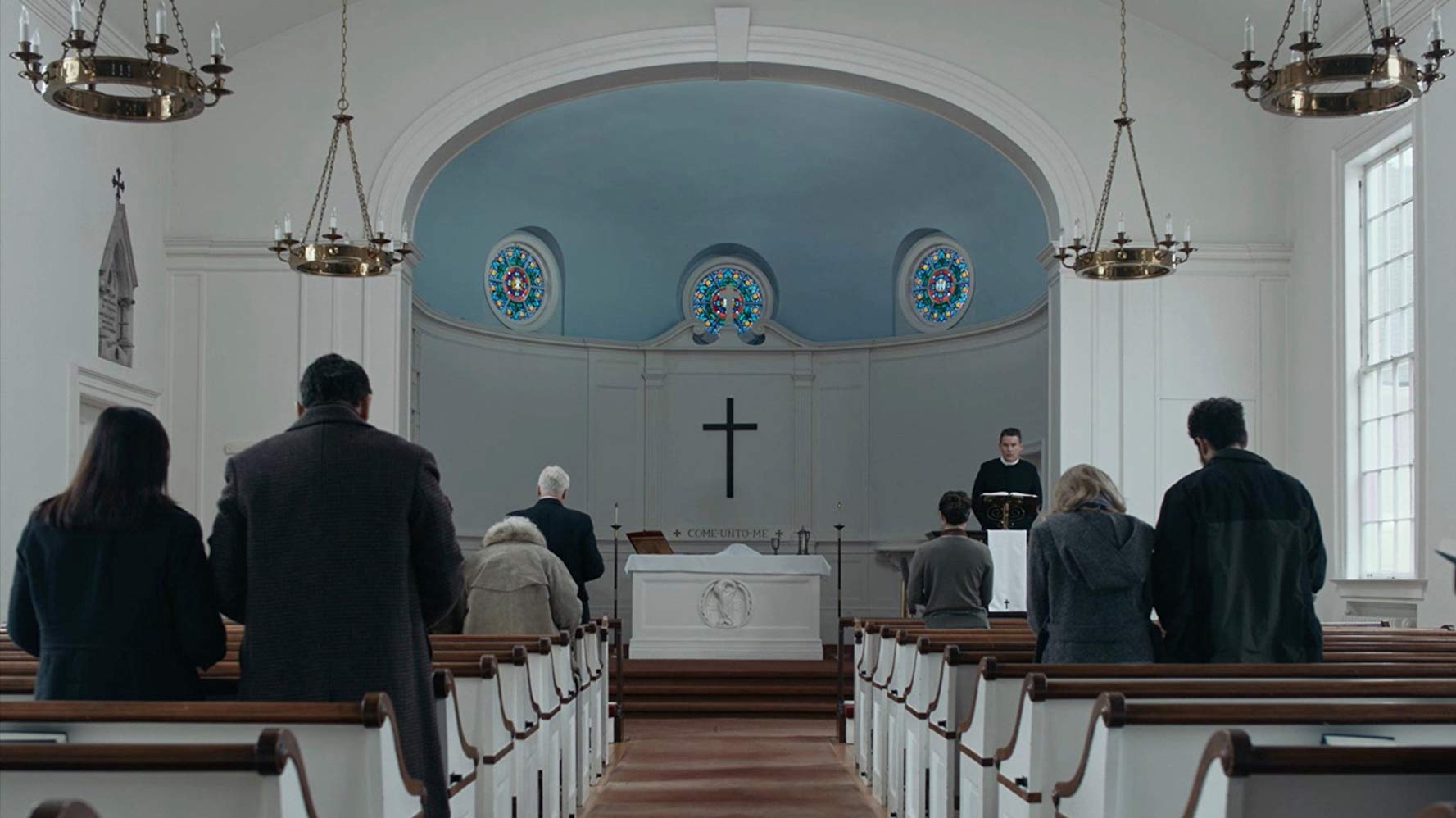
Before starting a career as a writer-director, Paul Schrader was a critic, and if you’d check out his writings you can find out some really great stuff on cinema. He still writes it from time to time. His article on “Canon Fodder” is a great read. His best-known book is “Transcendental Style in Film: Ozu, Bresson, Dreyer” and he explores the “transcendental style” that “expresses a spiritual state by means of austere camerawork, acting devoid of self-consciousness, and editing that avoids editorial comment” in movies, especially by the films in the aforementioned directors’ films. Strange enough, he never made a spiritual film.
Even though he once used the word when he described “The Last Temptation of Christ,” he thinks it’s not a spiritual one but rather more of a psychological film. So even though the religion was often part of his narrative, ranging from “Hardcore” to “Dominion,” he claims it’s the first time he actually made a movie that he explored in his book.
How did it happen? Because of Pawel Pawlikowski, actually, the “Ida” and “My Summer of Love” director who gave us one of the most acclaimed films of the year in “Cold War.” The conversation led Schrader to make a film he swore he’ll never make and so here it is: “First Reformed.” Schrader treats spirituality and religion as complex matters, sometimes you find yourself questioning the main character’s faith and organized religion in general, but then again it’s not some kind of anti-religion or pro-religion kind of movie. Schrader is not interested in simple answers because the world we live in is not simple at all.
3. It’s a homage to Bergman and Bresson
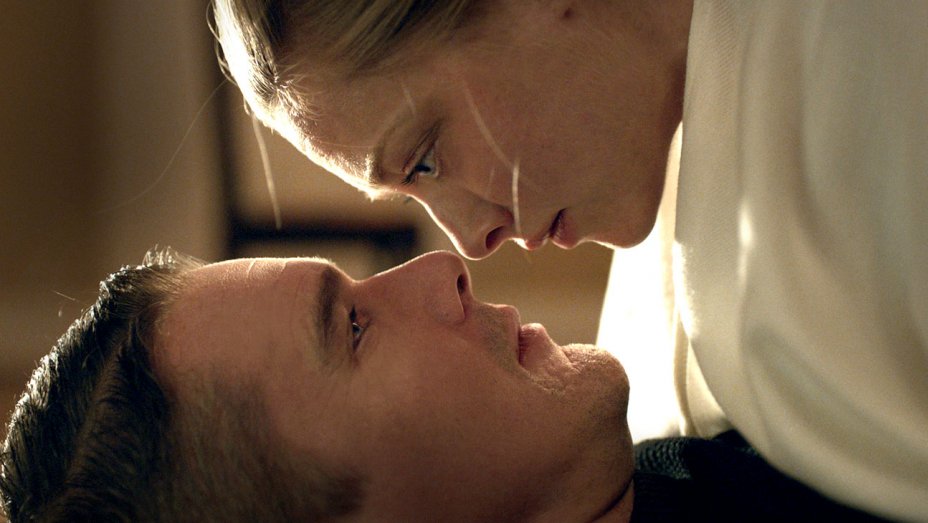
Ethan Hawke got a lot of attention on social media when he criticized the popularity of films like “Logan,” and he claimed “they present such films to us as if it is Bergman or Bresson.” He later cleared his thoughts, but him using Bergman and Bresson’s name were not without a reason, “First Reformed” is heavily inspired by their work. Bresson’s “Pickpocket” is probably Schrader’s favorite film and the influence of it was obvious on “Taxi Driver” and “American Gigolo.”
Here the influences are obvious as well: Schrader says of the Bresson influence, “Bresson’s work is what made me think filmmaking might be possible for me. But I’m also inspired by his sense of time, which I understood only partly when my book first came out. I realized later, watching these films, that duration is phenomenological. In his films, he shows someone leaving a room — and then he holds on that closed door for three seconds. What’s happening? Well, nothing. Nothing’s happening, but the shot isn’t about the door. It’s about you watching the door.”
However, here the most obvious Bresson influence is probably “Diary of a Country Priest.” Just like that, our character has a diary. It’s not the only time he used this device (“Light Sleeper”). And it’s not just that, or the atmosphere of the film. There are other small elements that you can see similarities between both films. Schrader is also a Bergman fan.
In fact, European art houses were some of the influences that inspired Schrader to become a director, and he referenced them more than once in the past. Here the main reference to Bergman is “Winter Light.” When Hawke’s character rejects his mousy love interest just in the same way in that movie, it’s easy to catch that. Schrader obviously loves “Winter Light” and “Diary of a Country Priest,” two films that affected him deeply and he’s more than proud to honor those films.
Aside from that, one could argue it also has inspirations from Maurice Pialat’s “Under the Sun of Satan.” But all in all, Schrader made this film his own. The references, inspirations, and influences are obvious, but there are just so many elements here that you’ll keep feeling that it’s the same voice you heard in “Light Sleeper” and “Taxi Driver,” which by the way, also ends with ambiguity, just like this film.
4. It deals with many issues of our modern world
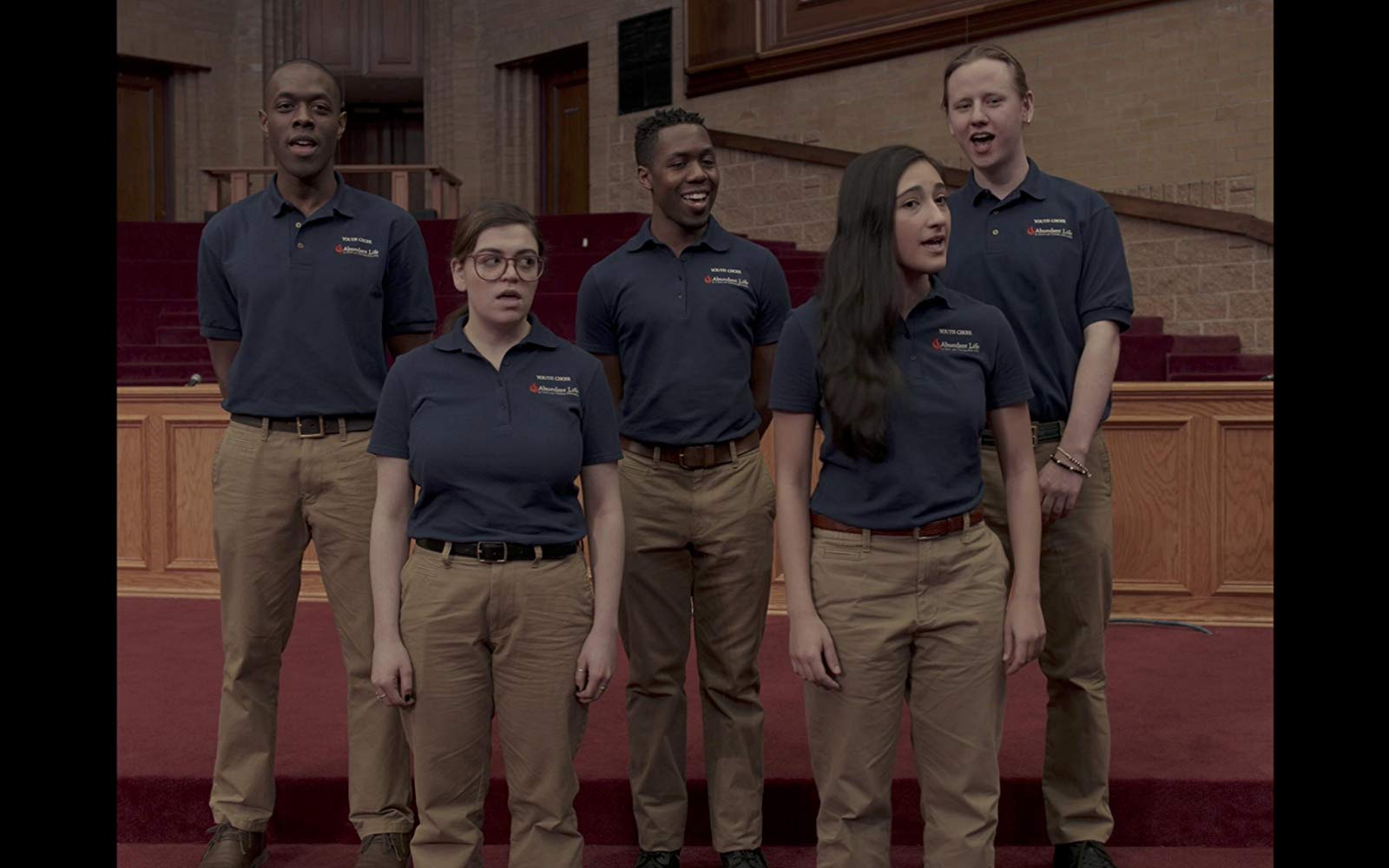
Paul Schrader is obviously concerned about what’s going on with our world and he made a film especially for our times. Several critics mentioned that it’s a movie of the Liveleak video era and you can understand them. We kept hearing a lot about suicide bombers for a while, which probably led Paul thinking into what’s going on with their psychology.
The movie doesn’t shy away from politics, as our character lost his son in war in Iraq, and Schrader uses his chance to criticize his country’s Middle East politics and give an anti-war message. But in the end, it’s a movie about climate change. We don’t know what drives Toller into the subject this much, though. Through Michael’s (Philip Ettinger) monologue, we’re getting to learn about environmental activists, what they face, and of course, what’s going on with climate change and global warming around the world.
What’s so amazing about Schrader’s script is that he shows us that it’s an important subject we keep ignoring, but he doesn’t create some kind of hero around it. Toller is supposedly a believer; he’s not happy with church politics and he’s suffering for so many reasons. He thinks we should protect the world, what God has created, but then also, he doesn’t bother to hurt himself, which is another God’s creation by drinking and not caring about his own health condition.
So maybe he just tries to find a purpose in life to live, to exist. Who knows. Just like some other Schrader heroes. It’s a film dealing with many themes and it’s impressive how Paul explores them with such right balance, without preaching much and do it in a thought-provoking way.
5. “Man in a room” theme is back
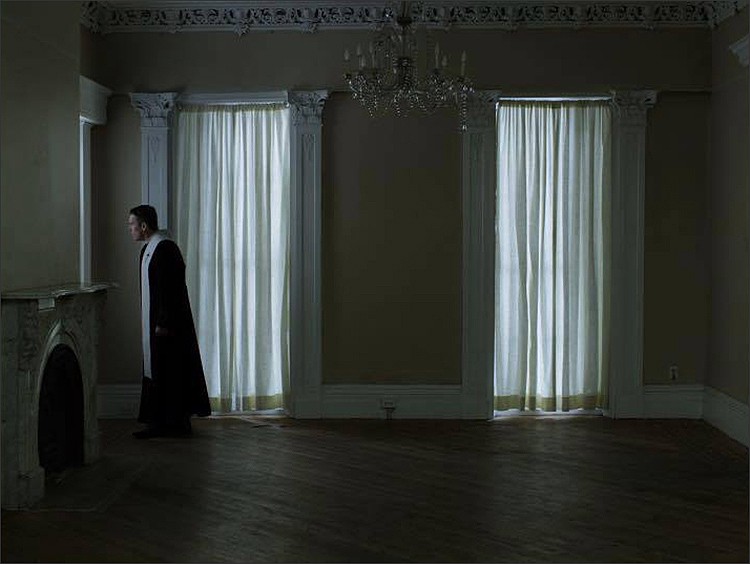
Schrader makes different kinds of films, but if there’s one lesson he learned from Bresson, it’d be that “you can make films about unlikable people.” It’s not hard to find similar elements in “Taxi Driver” with “Light Sleeper” or “American Gigolo” with “The Walker” and “The Canyons.”
These are the films that home in on a singular figure’s battle with “a Kierkegaardian sickness of the soul,” as Schrader recently put it recently. The characters keep changing as our world changes. In “Taxi Driver,” he was “angry.” In “American Gigolo,” he was a “narcissist”. In “Light Sleeper,” he was “anxious.”
In “First Reformed,” Hawke’s character is also lonely; he also has nothing left for to live, he’s lost his son, he’s depressed, he’s ill, and whatever he faces with his life keeps discouraging him even more and alienates him. Schrader loves to explore such characters’ psychology, and no matter how many he has done it already, It always ends up being impressive.
6. Ethan Hawke gives a career-best performance
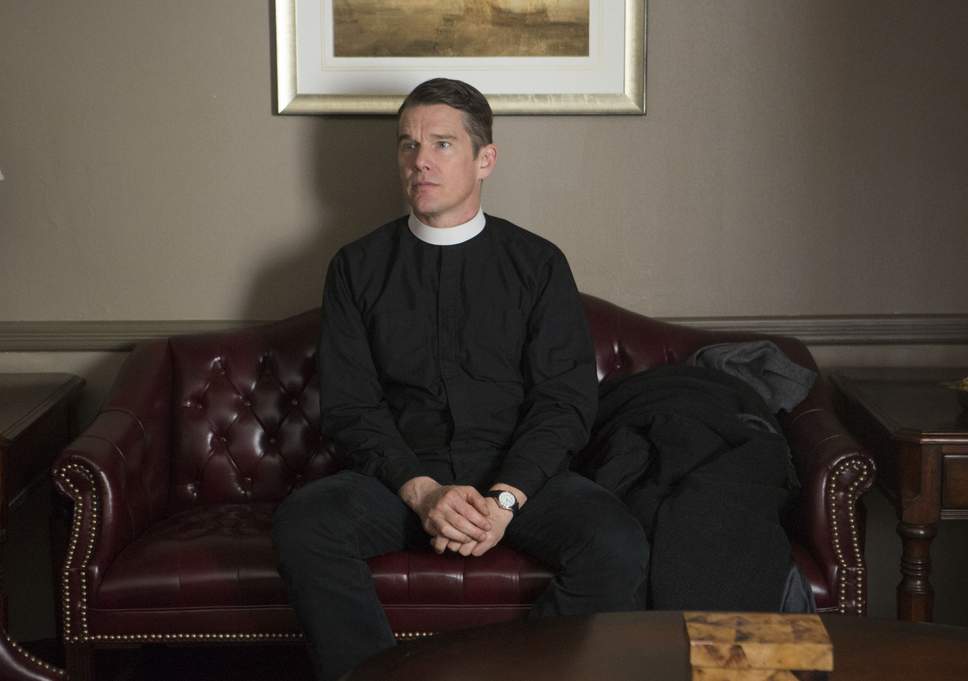
Hawke always had a great career. Just take a look at his filmography. He tends to do smaller films, so it could be why you don’t keep hearing about him all the time but if you’d look at just some of his recent films – “Maggie’s Plan,” “Born to be Blue,” “Maudie,” “In a Valley of Violence,” “The Phenom,” “Good Kill” (where he also plays a character faces with moral dilemma), “Juliet Naked” – these are not only critically acclaimed movies, but they also show his impressive range as an actor.
He still collaborates with Richard Linklater, who gave him some of the best roles of his career: the “Before” trilogy, “Tape,” “Boyhood” (for which he received his second acting Oscar nomination, his first was for “Training Day”), among others. He has worked with many auteurs ranging from Peter Weir (“Dead Poets Society”) to Sidney Lumet (“Before the Devil Knows You’re Dead”).
You see him in genre films (“Predestination,” “Sinister,” “Regression,” “Daybreakers”), you see him on stage, writing, playing and directing plays; you see him directing his own movies, may it be a documentary (“Seymour”) or not (“Blaze”). He writes books, he published a graphic novel, and he even sings at times at his films. The man is all-around talented and he’s a fully realized artist.
In “First Reformed,” he finds the character of his life. Hawke himself claims that he never made a film written this well, and he also never had a part that is written this well. Hawke gives a terrific performance here; a man full of guilt, who’s suffering. He tries to end all of his pain in some way but he doesn’t know how to do it.
Just like Willem Dafoe did in “Light Sleeper,” Hawke is also careful with his words and gestures; almost everything he does gives us more information about his inner thoughts and his current state. He’s angry, he’s searching, he’s wounded. He conveys both the selfishness and the deep suffering of people who just can’t let go of their own pain. He’s in almost all the scenes of the film and he develops a fascinating profile. It’s a demanding role and Hawke gives his all.